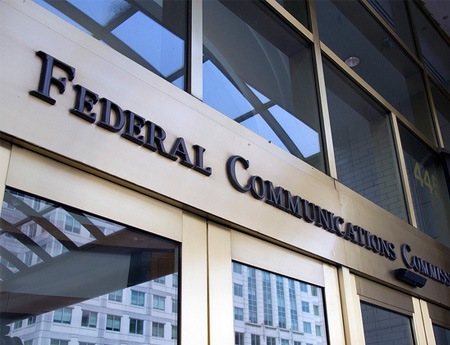Time Warner Cable Threatened With Net Neutrality Complaint

The smarter way to stay on top of broadcasting and cable industry. Sign up below
You are now subscribed
Your newsletter sign-up was successful
Web hosting company Commercial Network Services says it plans to file a peering complaint against Time Warner Cable under the FCC's new network neutrality rules unless the company strikes a free peering deal ASAP.
TWC says its interconnection policy is just and reasonable and is confident the FCC would reject any complaint based on the idea that "every edge provider around the globe is entitled to enter into a settlement-free peering arrangement."
In the complaint, according to CNS CEO Barry Bahrami, CNS plans to ask 1) that TWC be ordered to strike a settlement-free deal and 2) that other broadband Internet service providers using any public exchanges be required to adopt an "open peering" policy.
In its new rules, which took effect June 12, the FCC created a case-by-case complaint process for interconnection issues alleged to impede an open Internet. It is the first time that peering/interconnection deals have fallen under the FCC's net neutrality rules since having been reclassified under Title II common carrier regs.
Some cable operators were looking for Cogent or Level 3 or Netflix to complain, but whoever it was, they were expecting complaints from those not eager to pay for interconnections. Since there is no bright-line rule on what is a reasonable interconnection agreement, cable operators won't know exactly what the FCC considers impeding an open Internet until the commission has investigated and acted on such complaints, though TWC sounded confident this complaint was meritless.
According to copies of e-mails, supplied by CNS, between Jeff Zimmerman, senior VP and deputy general counsel at TWC, and Bahrami, after being told CNS would need to pay for peering, Bahrami wrote: "Time Warner enjoys a monopoly to provide true broadband connectivity to these paying Time Warner subscribers. And trying to charge any network to exchange traffic with your paying internet access subscribers over public IX’s [interconnection points] is wrong for that reason."
Zimmerman had said TWC had run the request by its engineers and they determined CNS did not meet the test for settlement-free peering.
The smarter way to stay on top of broadcasting and cable industry. Sign up below
Bahrami called TWC's policy completely unreasonable, said it was "obviously against the FCC rules" and informed TWC he was planning to file the complaint ASAP. That might mean late this week or early next, but Bahrami says one of his concerns is that some Web users will not get to see a big July 4 fireworks display in 720p on a San Diego webcam it hosts.
"We are a hosting company operating out of datacenters in Los Angeles, New York City and London," Bahrami wrote Zimmerman after being told he would need to pay for peering. "Many Time Warner subscribers visit our network to view six web cams of San Diego that we host at www.SunDiegoLive.com. The site also has a strong following of military families all over the USA because San Diego is a major base for the US Pacific Fleet and they are able to watch their mothers, fathers, sons & daughters come home from deployment."
"Time Warner Cable enters into settlement-free peering arrangements with network operators that exchange large amounts of traffic at multiple locations and where there is a mutual exchange of value," the company said in a statement. "Under TWC’s longstanding and industry-standard peering policy, Commercial Network Services does not qualify for settlement-free peering."
"There are many ways for a webcam operator like Commercial Network Services to exchange traffic with TWC and reach our broadband subscribers. Most companies like Commercial Network Services purchase transit service from one of the many commercial operators that interconnect with Time Warner Cable, and such transit providers have ample capacity available at low, market-based rates. TWC also offers comparable transit service at a competitive price."
"TWC’s interconnection practices are not only 'just and reasonable' as required by the FCC, but consistent with the practices of all major ISPs and well-established industry standards. We are confident that the FCC will reject any complaint that is premised on the notion that every edge provider around the globe is entitled to enter into a settlement-free peering arrangement."
Contributing editor John Eggerton has been an editor and/or writer on media regulation, legislation and policy for over four decades, including covering the FCC, FTC, Congress, the major media trade associations, and the federal courts. In addition to Multichannel News and Broadcasting + Cable, his work has appeared in Radio World, TV Technology, TV Fax, This Week in Consumer Electronics, Variety and the Encyclopedia Britannica.

